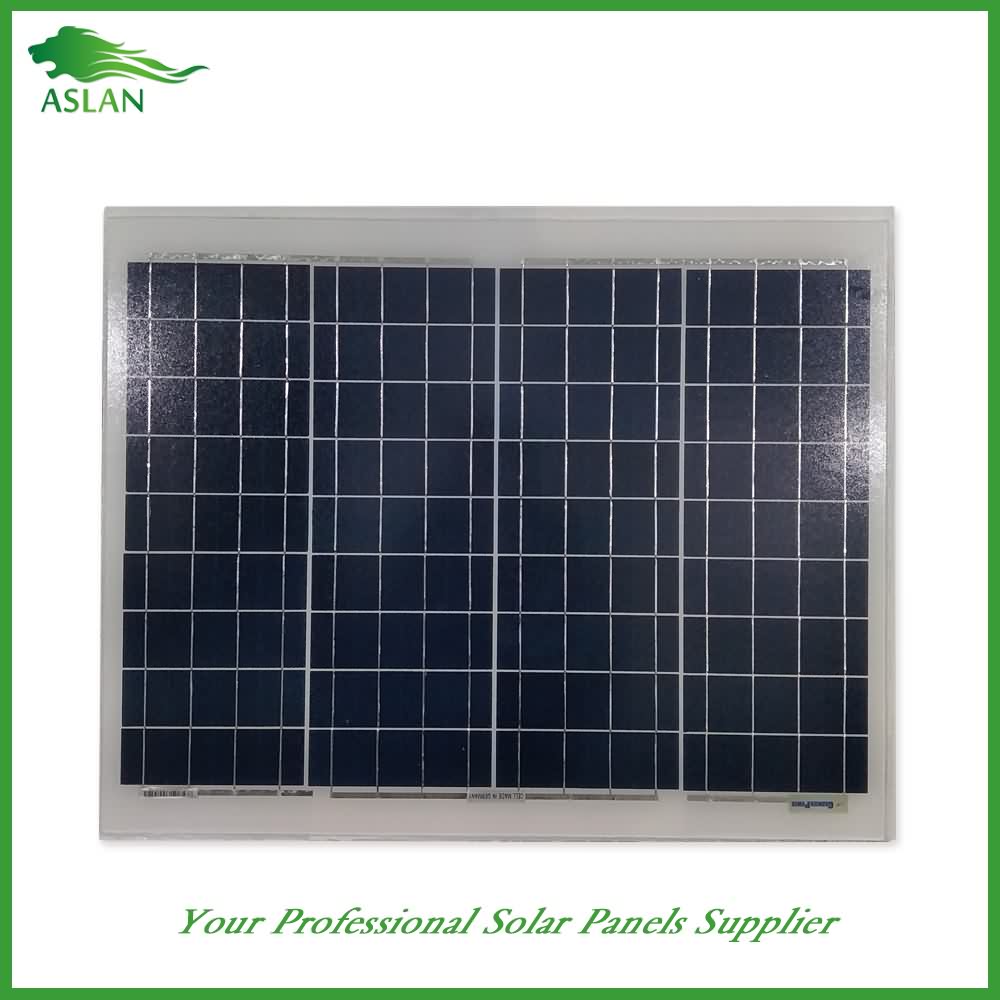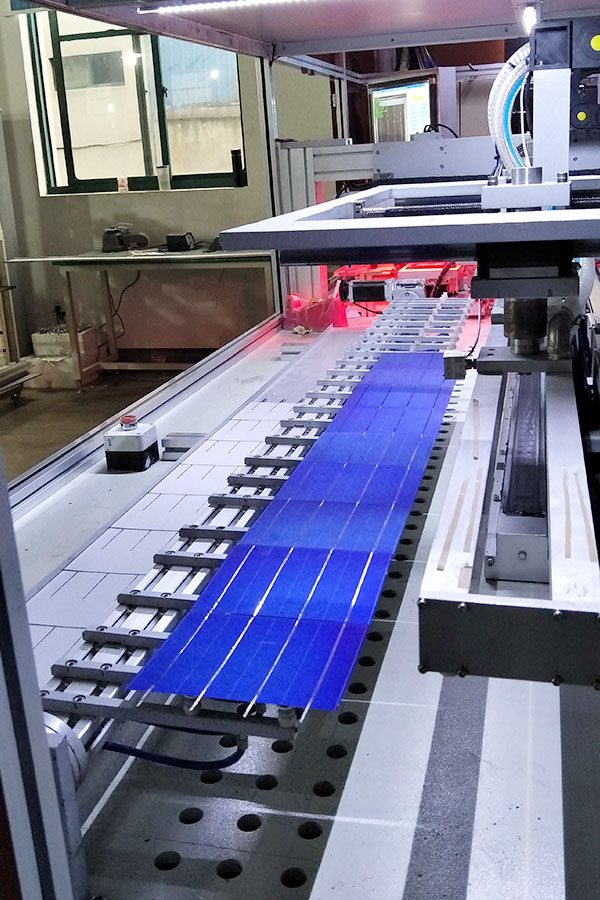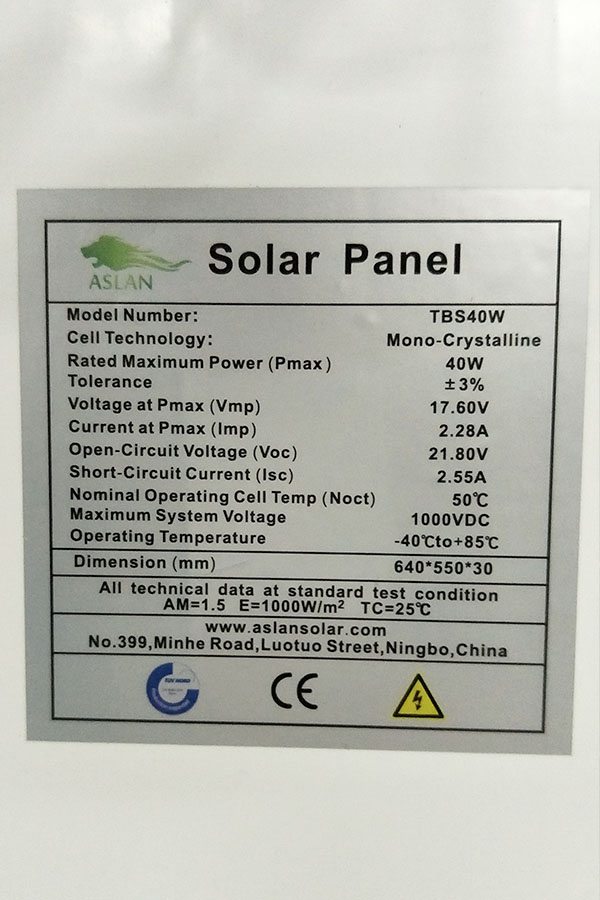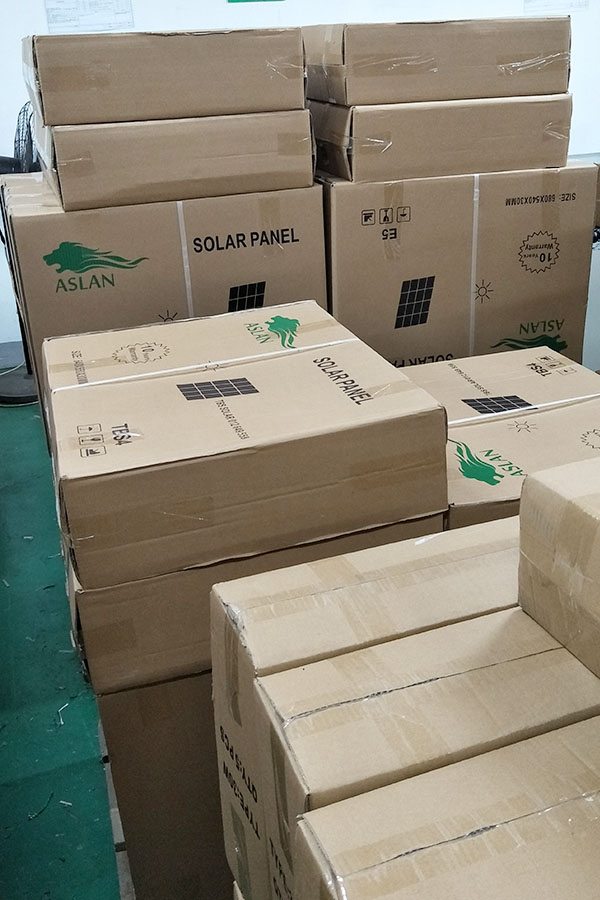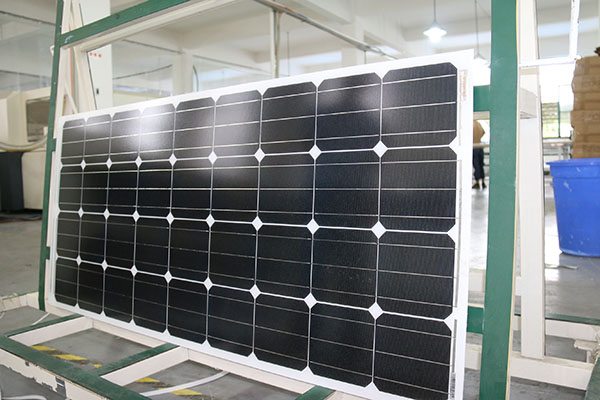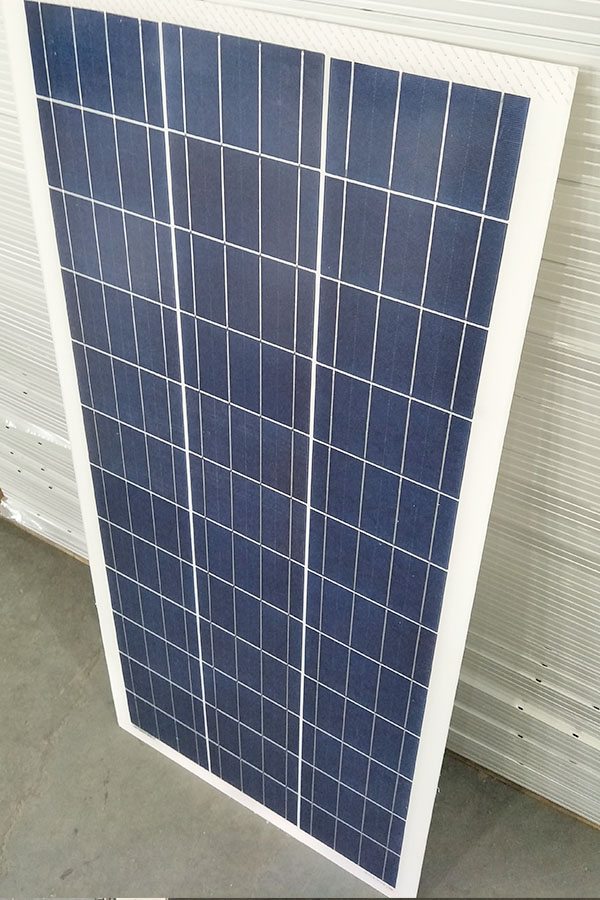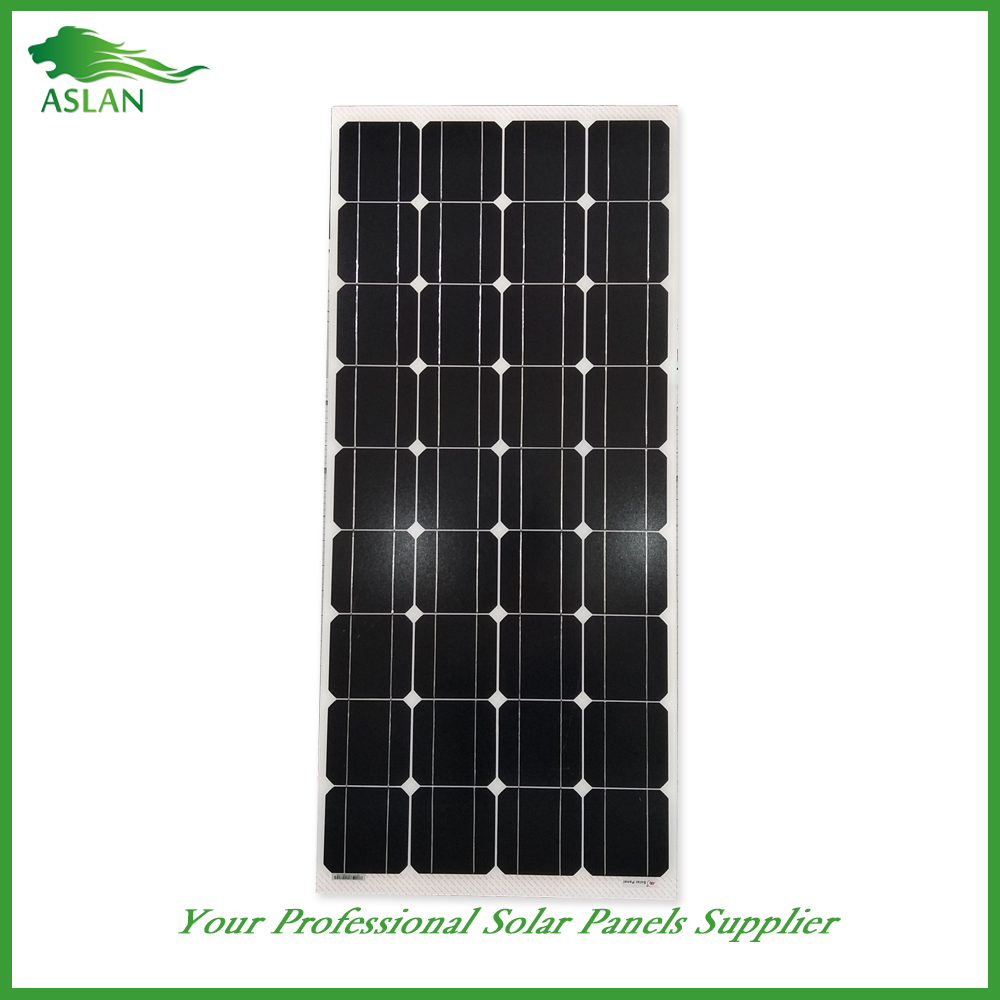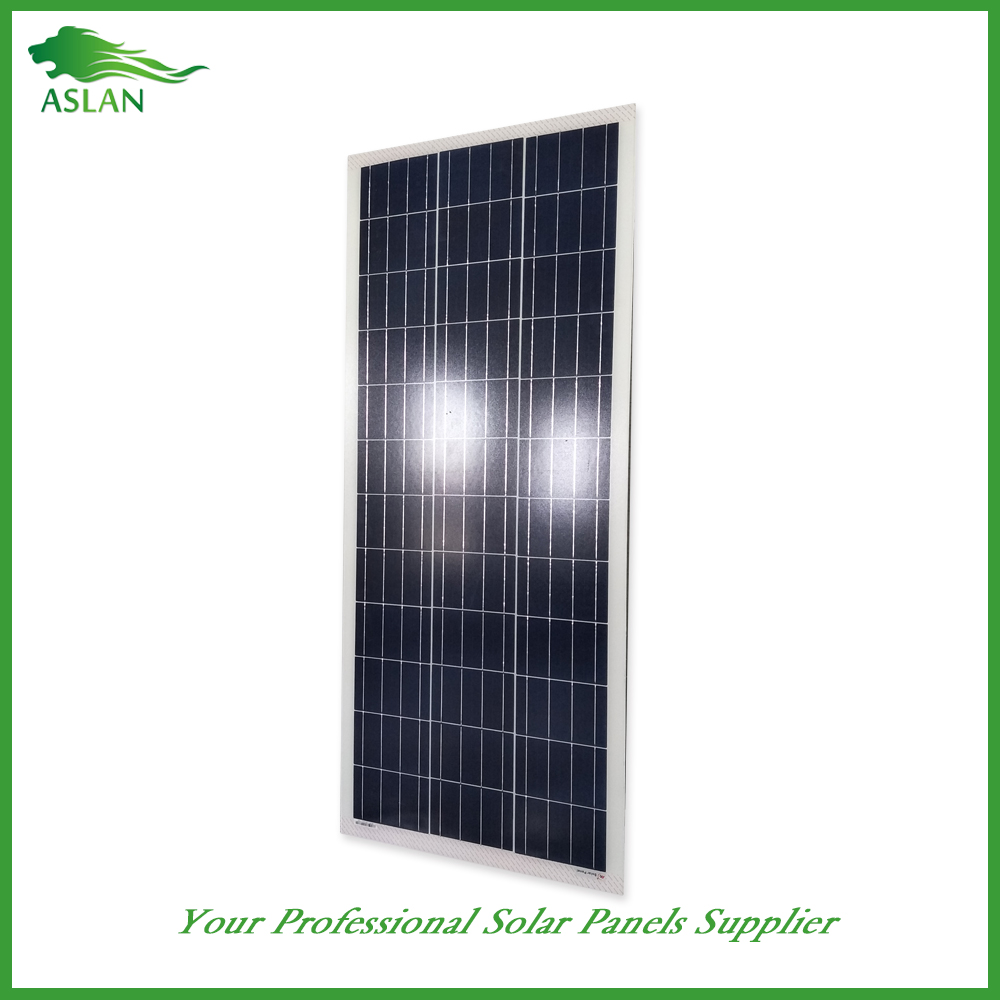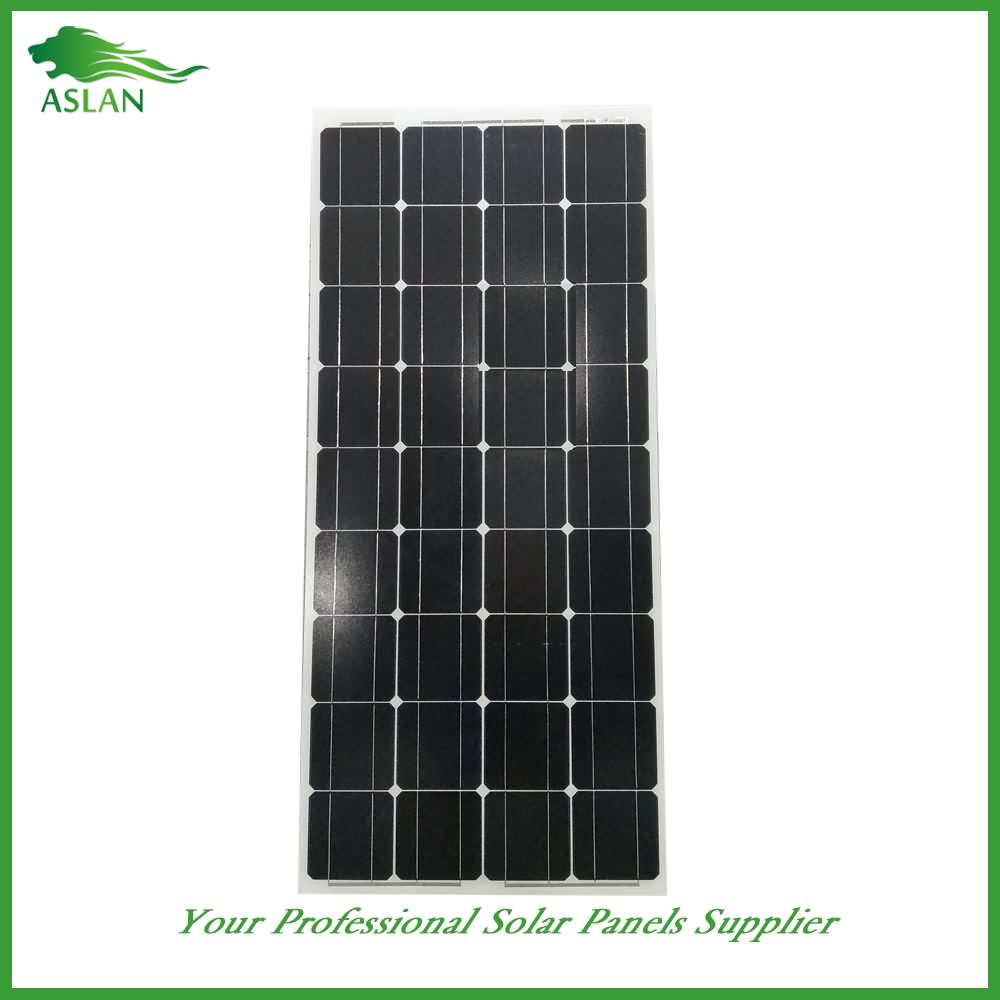29 Years Factory Poly-crystalline Solar Panel 40W to Bangalore Factory
Short Description:
We support our buyers with ideal high quality products and high level service. Becoming the specialist manufacturer in this sector, we have gained rich practical experience in producing and managing for 29 Years Factory Poly-crystalline Solar Panel 40W to Bangalore Factory, Standing still today and looking into the future, we sincerely welcome customers all over the world to cooperate with us.
Poly-crystalline Solar Panel 40W
Technical parameter
Maximum Power(W) 40W
Optimum Power Voltage(Vmp) 17.35V
Optimum Operating Current(Imp) 2.31A
Open Circuit Voltage(Voc) 21.16V
Short Circuit Current(Isc) 2.53A
Mechanical Characteristics
Cell Type Polycrystalline 156 x 52mm
No of Cell 36 (4x9pcs)
Dimensions 670x420x30mm
Weight 4.0Kg
Front Glass 3.5mm,High Transmission, Low Iron,Tempered Glass
Junction box IP65 Rated
Output Cable TUV 1×4.0mm2/UL12AWG,Length:900mm
Temperature and Coefficients
Operating Temperature(°C): -40°C ~ + 85°C
Maximum System Voltage: 600V(UL)/1000V(IEC) DC
Maximum Rated Current Series: 15A
Temperature Coefficients of Pmax: -0.47%
Temperature Coefficients of Voc: -0.389%
Temperature Coefficients of Isc: 0.057%
Nominal Operationg Cell Temperature (NOCT): 47+/-2°C
Materials of solar panel
1).Solar Cell——Polycrystalline solar cell 156*52mm
2).Front Glass——-3.2mm, high transmission, low iron, tempered glass
3).EVA——-excellent anti-aging EVA
4).TPT——-TPT hot seal made of flame resistance
5).Frame——anodized aluminum profile
6).Junction Box——-IP65 rated, high quality, with diode protection
Superiority: high quality anodized aluminum frame, high efficiency long life, easy installation, strong wind resistance, strong hail resistance.
Features
1. High cell efficiency with quality silicon materials for long term output stability
2. Strictly quality control ensure the stability and reliability, totally 23 QC procedures
3. High transmittance low iron tempered glass with enhanced stiffness and impact resistance
4. Both Poly-crystalline and Mono-crystalline
5. Excellent performance in harsh weather
6. Outstanding electrical performance under high temperature and low irradiance
Quality assurance testing
Thermal cycling test
Thermal shock test
Thermal/Freezing and high humidity cycling test
Electrical isolation test
Hail impact test
Mechanical, wind and twist loading test
Salt mist test
Light and water-exposure test
Moist carbon dioxide/sulphur dioxide
This 191,086 ft² secondary school for 1350 students is organized into a three storey academic wing and a two storey sports / theatre complex. The centrally located atrium unites these two areas and serves as the student forum. Major activity areas like the cafeteria, the food school’s commercial kitchen, the theatre, the guidance and the administration areas flank either side of this atrium creating a ‘main street’ ambiance and making it the vibrant hub of the school community. Both the cafeteria and atrium function as multi-purpose halls, to accommodate small and large gatherings.
The music / theatre / arts are grouped together on the ground floor. Associated activities like dance and drama studios are located adjacent to the full-featured theatre. The quad gymnasium and change rooms along with a unique, dedicated running track at the upper level of the gym constitute the sports complex which has been designed such that it can be independently used by the community.
Natural light is a recurring theme in the design. The school features an impressive list of sustainable design features including a high performance building envelope, use of daylight supplemented with an energy efficient lighting system with motion
sensors, waterless urinals, low-flow faucets, and efficient HVAC systems. A demonstration wind turbine installation and solar PV panels are planned to generate green power for student projects in the outdoor projects courtyard.
Goal Zero Yeti 400 running a Harbor Freight 100 psi air compressor and charging a Kindle Fire while being charged with a HQST 100 watt solar panel. The Yeti was full and the compressor was empty. The compressor took about 4 minutes to fill. The battery level on the Yeti did not drop, although it continued to take charge for several minutes after the compressor stopped. The panel put out a max charge of 77 watts, which isn’t too bad for March in the Pacific NW of the USA.
